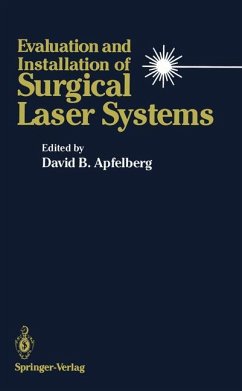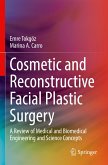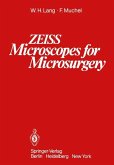The advent in the 1960s of the unique and exciting new form of energy called laser brought to medicine a marvelous tool that could accomplish new treatments of previously untreatable disorders as well as improved treat ment of mundane problems. This brilliant form of light energy is many times more powerful than the energy of the sun yet can be focused microscopically to spot sizes as small as 30 microns. Lasers can be directed into seemingly inaccessible areas by mirrors or fiberoptic cables or can be directly applied into sensitive areas such as the retina without damage to intervening structures. There has been a rapid proliferation in the use of lasers in all surgical specialties. Starting with bold ideas and experiments of "thought leaders" in each specialty, the application of lasers has evolved into commonplace usage. Beginning with the era when laser presentations and publications were an oddity, now nearly all specialty areas have whole sections of meetings or journals devoted exclusively to laser usage. Laser specialty societies within a specialty have developed and residency training programs routinely instruct trainees in laser techniques. Basic science and clinical experimentation has supported laser knowledge. Laser usage has also become international. Newer wavelengths and accessories have added to the armamentarium of laser usage. Despite the rapid growth in laser interest, no single source exists to instruct the many new laser users in proper, safe, and effective use of this new modality.
Bitte wählen Sie Ihr Anliegen aus.
Rechnungen
Retourenschein anfordern
Bestellstatus
Storno








